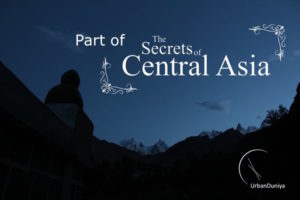 Across the Roof of the World: The Pamir Highway
Across the Roof of the World: The Pamir Highway
In Central Asia, some of the most secretive places are well hidden, high among the mountains, in a place once known for a cloak-and-dagger style game of political espionage in the wilderness…
Badakhshan (and Tajikistan’s) highlight is undoubtedly the Pamir Mountains. ‘Pamir’ is Persian for ‘Legs of the Sun’, but the locals call it ‘Bam-i-Duniya’ (Roof of the World). Either way, it’s high, and it’s home to some of the most awe-inspiring scenery on Earth. I jumped in another shared jeep-taxi and set out along the Pamir Highway, one of the highest roads in the world.
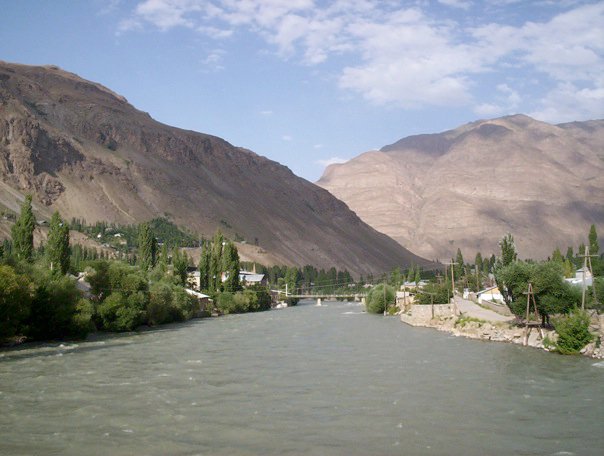
Khorog, Tajikistan
The Pamir Highway was built in the 1890s by the Russians to stake their claim on Tajikistan. They were worried about the British, who were eyeing off the region from their colonial base in India, just to the south.
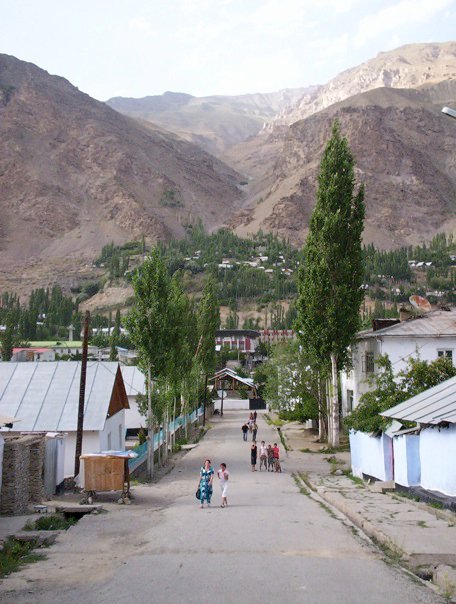
Khorog, Tajikistan
The scramble for land was dubbed ‘the Great Game’ by British historians, but I prefer the Russian name for it – ‘the Tournament of Shadows’. The Pamir Mountains were only ever a matter of pride to Russia anyway, and once the highway was built, it remained on the fringes of Moscow’s interest.
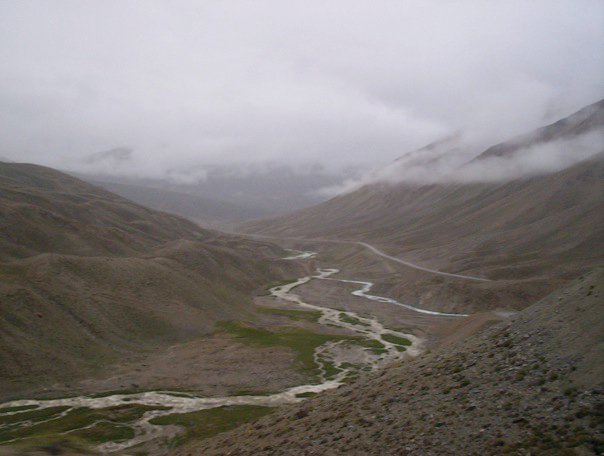
Pamir Mountains, Tajikistan
Climbing out of Khorog took us away from the Afghan border. We wound our way up through high altitude passes, through the clouds until we were in a bizarre, lunar-like environment on the roof of the world. The roof of the world is normally clear, but on that day was shrouded in an eerie mist – a little disappointing, but it still gave it a dimension which we otherwise wouldn’t have witnessed.
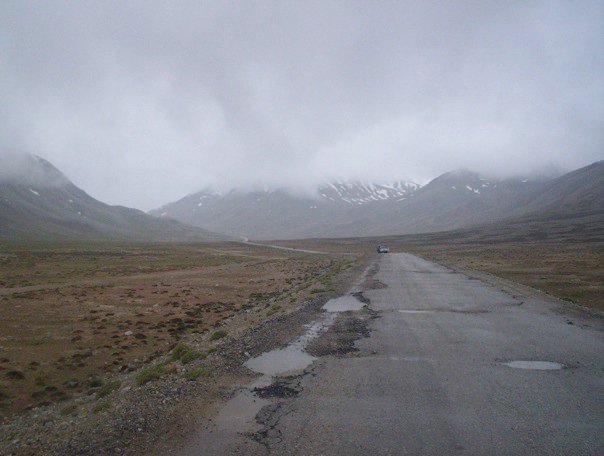
Pamir Highway, Tajikistan
As we sped out way across the plateau to the next stop, Murghab, we stopped in at a little fish restaurant. It took me quite some time to figure out that the fish weren’t seafood, but fish caught in a local stream – not exactly Nigella’s Badakhshani kitchen, I admit, but tasty all the same. I stayed that night at a guesthouse in Murghab, run by a gentleman known as Shadikhan.
In Khorog, I had trouble finding a rubbish bin, yet the streets in Tajikistan were relatively rubbish-free (considering it’s a developing country). So where does all of Tajikistan’s rubbish go? Seemingly, it goes high into the Pamirs to Murghab, where they’ve built a town out of it. A catastrophically ugly place, I was very happy to leave Murghab, although that hope was short lived as we broke down just five kilometers out of town.
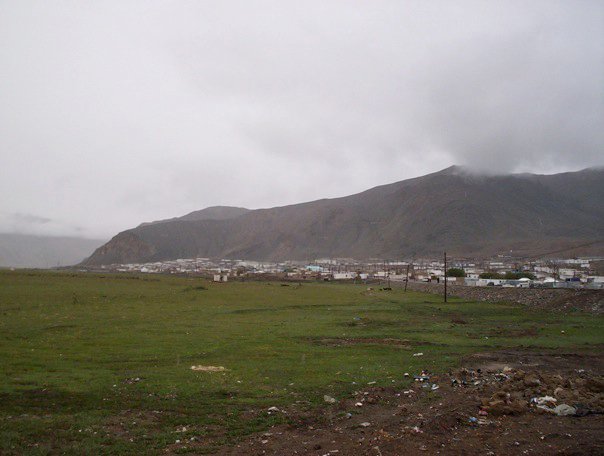
Murghab, Tajikistan
I flagged down an overcrowded bus and spent the next 6 hours smashed in between 7 babooshkas, 6 shildren, 4 men, a dozen sacks of rice and one live sheep bound for Kyrgyzstan. The women were lovely and the sheep cute. One little Kyrgyz girl, about ten, kept rolling her eyes at the situation, sighing and resting her head on my shoulder as if to say “I know…”. Another little boy, about four, kept pointing at me, squealing “shashlyk” (kebab) and giggling, which I didn’t quite know how to take.
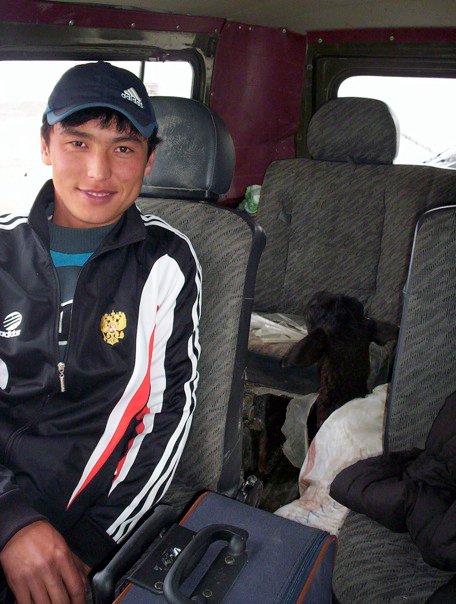
The van which rescued me from the roadside in Murghab
We descended from the Pamir Plateau to the Tajikistan / Kyrgyz Republic border where border control took an eternity – mostly because of drug checks. Afghanistan feeds 90% of Europe’s herion habit, and much of that travels through Central Asia. Tajikistan allocates 40% of its federal budget to fighting the war on drugs, but that’s not much help when even government officials have their fingers in the pot.
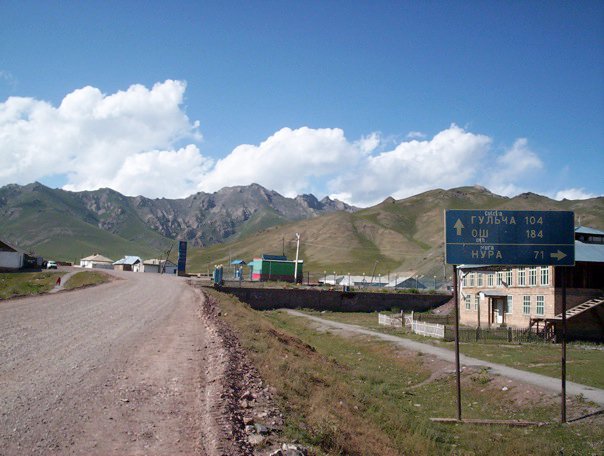
Road signs on the Pamir Highway at Sary Tash, Kyrgyzstan
Opium has apparently turned up in diplomatic parcels, shipments for medical supplies; a few years ago, the Tajikistan military shot down a home-made toy helicopter, fashioned out of scrap soft drink cans, flying over the Afghan-Tajik border – its cargo was bound for the streets of London. As my guide book declares, sadly, the Silk Road is becoming an Opium Highway. We passed immigration eventually and pulled into the bright lights (not) of Sary Tash late at night.
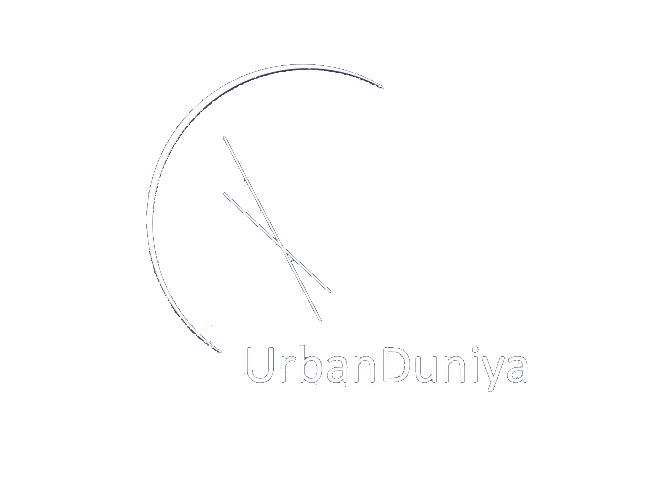
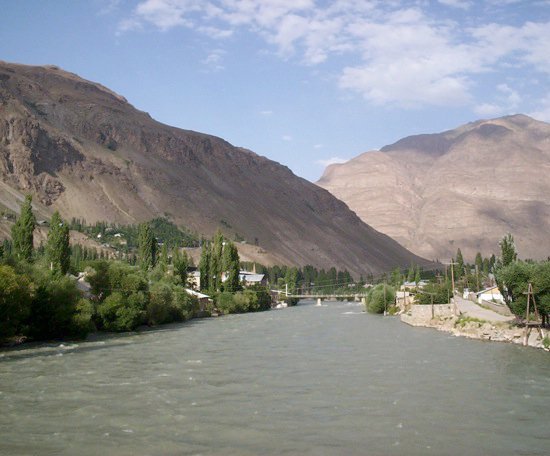
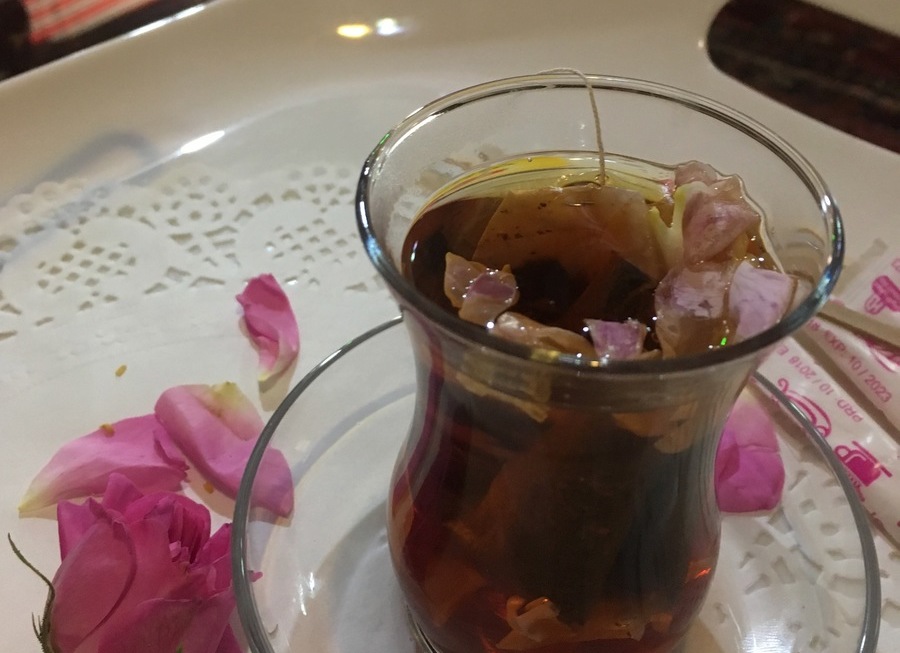


its great that you have this footage to weave into a short video today! Great job!
wow those clouds rolling in! Must have been quite a night!
Thank you! Yes, it was quite wild, but I was so tired I slept through most of it!!